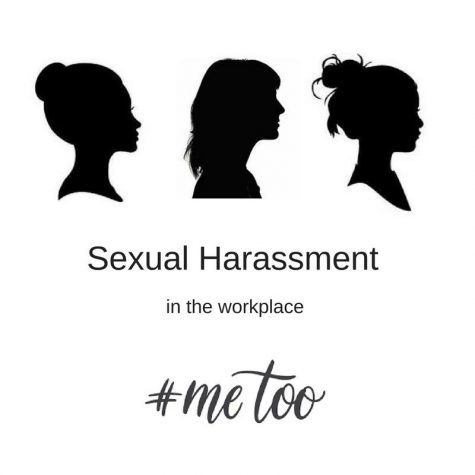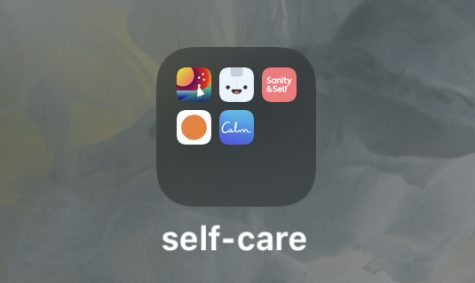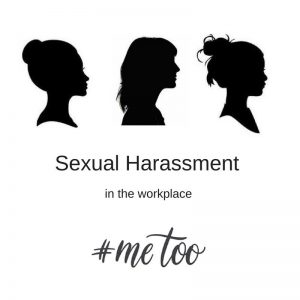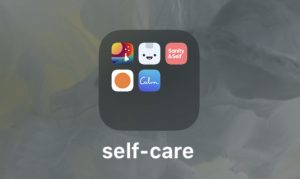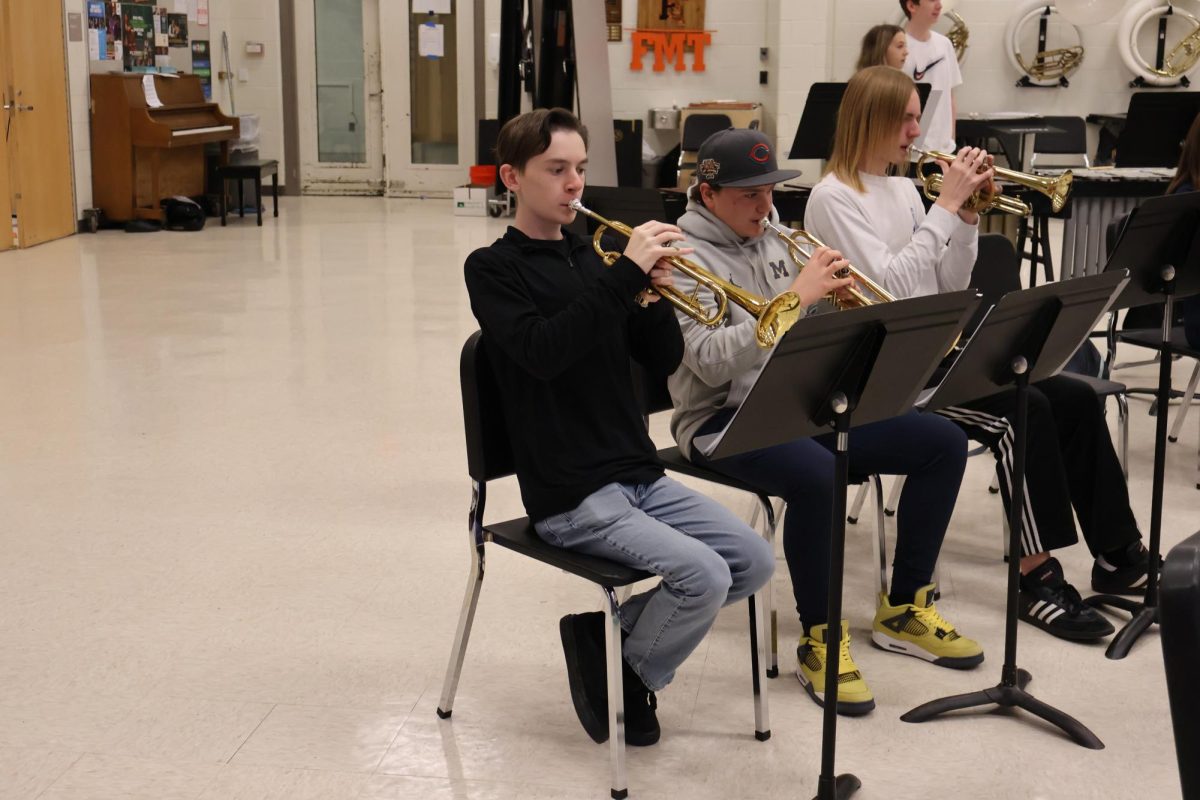How to prevent and defend yourself from sexual assault

April 19, 2021
In 2021, one out of six women experience sexual assault or are raped. 15 percent are under the age of 12, 29 percent from ages 12 to 17 and 36 percent between 18 and 30. These assaults are rarely random and usually happen from someone the victim knows and trusts. 50 percent of assaults happen at home and 45 percent happen outside in someone else’s home or away from home. Being prepared and able to defend yourself is a necessity to prevent sexual assault.
1: Defending yourself on the streets
Being outside, especially at night, can put you in a vulnerable state and make you easier to attack. Assaulters are more likely to attack someone that looks clueless, easy, intoxicated or not paying attention. To counter this, it would be better to walk confidently, try to know where you are and stay professional.
If someone does come up to you, remember street assaulters will try to establish a connection. They’ll ask personal questions, for a favor and, especially if you’re intoxicated, will strike up a random question. If this happens, it’s best to keep walking and ignore them. Defending yourself from other attacks, like being followed, turn and look at your assaulter, seem uninterested, find a public place to stay for a while and seek help. To be more direct, cause a scene or yell for them to stop following you.
Statistically, if the assaulter has a weapon you’re less likely to be killed by it if you defend yourself correctly. If grabbed behind the head butt your assaulter, use a defense tool to defend yourself, kick and scream while doing so— moving as much as you can prevent damage and, in case of a lawsuit, these attack and defense measures won’t be used against you. Always remember to not feel guilty for being wary and always refuse to go to a secondary location.
2: Know your limits
If consuming alcohol, know your limits and keep a firm eye on said drink. While taking a drink wherever you go may seem annoying, it’s better to be safe than sorry. If you don’t feel like holding a drink at all times, give it to someone you trust or have someone in your friend group be the designated person to do so.
If you have been roofied or a friend has been, take them to a safe location far away from any perpetrators and start a game plan. It’s best to go to the nearest hospital and ask to be tested for drug presence. If already assaulted, ask for a rape kit to be sure of what happened.
Keep in mind a nurse will most likely ask you if pressing charges is something desired. If so, be prepared to retell events of the assault and possibly what the assaulter looked like. If there isn’t enough information other options will be given.
3: Always be prepared
Keeping tools that will help defend you and possibly others in case of assault is something to always look out for. Invest in a self-defense keychain. Prior to purchasing this, discuss with someone knowledgeable on self-defense to teach you the basics. If a keychain isn’t enough, look up self-defense classes to get a few moves under your belt. This will be best if attacked and it’s not possible to use forms of self-defense.
Before signing up, look at the criteria of these classes: what is going to be taught and the commitments that come along with it. If it’s something too extreme, or you simply want to be able to maneuver out of an attacker’s grasp or to defend yourself, look at beginner classes and or YouTube defense videos.
International Student Insurance recommends carrying a morning-after pill/Plan B if you’ve been raped. Other researchers also recommend getting a rape kit done before further action.
4: Know your resources
If you’re out of town, on-campus or in a city, it’s always best to know important locations to places like hospitals, police stations, fire departments and organizations that will provide you with safety if needed.
This could mean bookmarking locations that are important in your phone’s note app or in google maps. Some of these locations could be professional or personal to you, but they must be safe.
Knowing resources also include your location and how to protect it. Posting your exact location in foreign areas can lead to attacks and stalkers following you. It’s best to stay private— especially when it could save your life.
If you or a loved one have been assaulted or raped, go to Riann.org, one of the top sexual assault hotlines and information centers and reach out for help under resources. There you’ll be provided with someone to talk to you along with possibilities of legal action.

